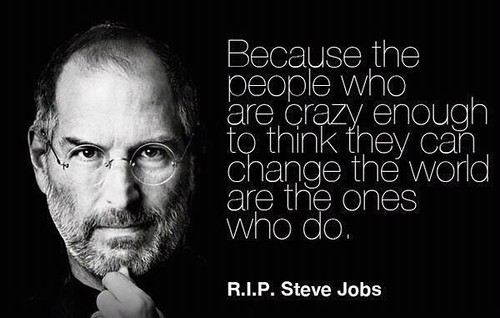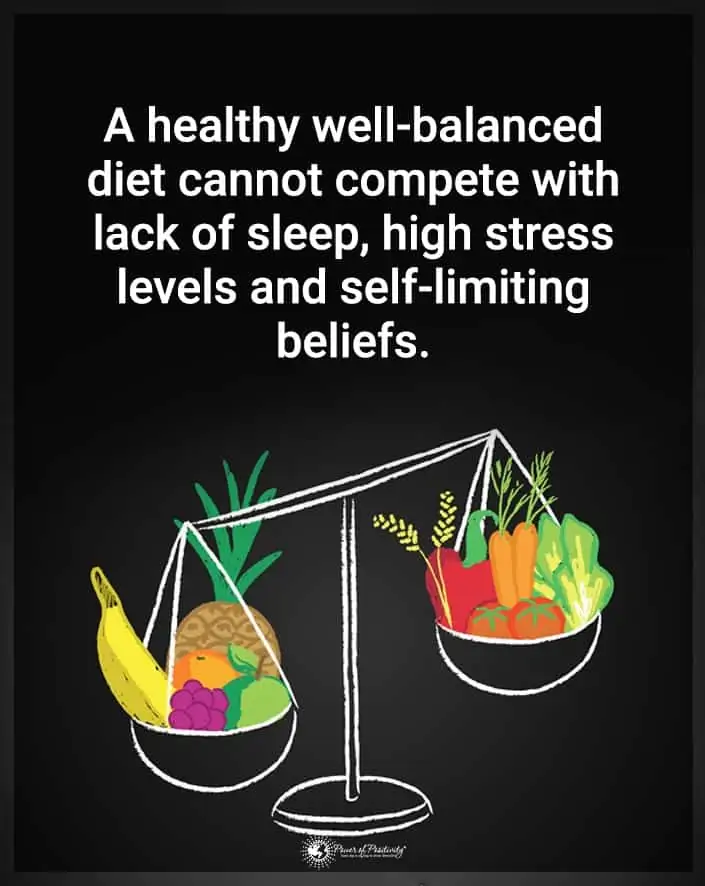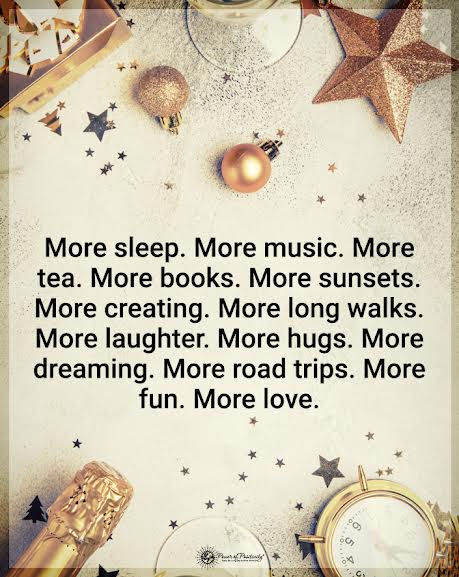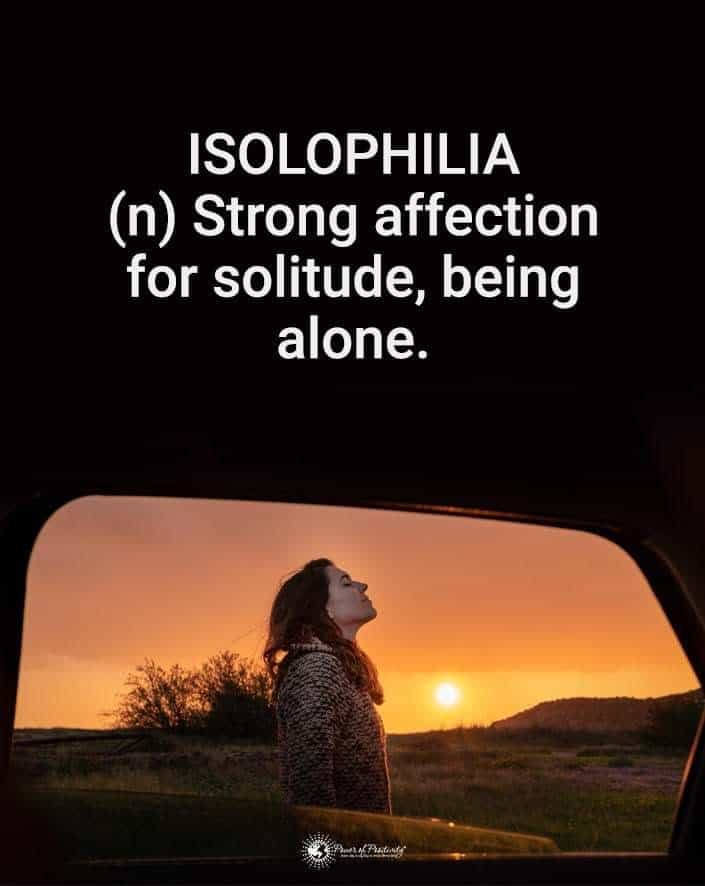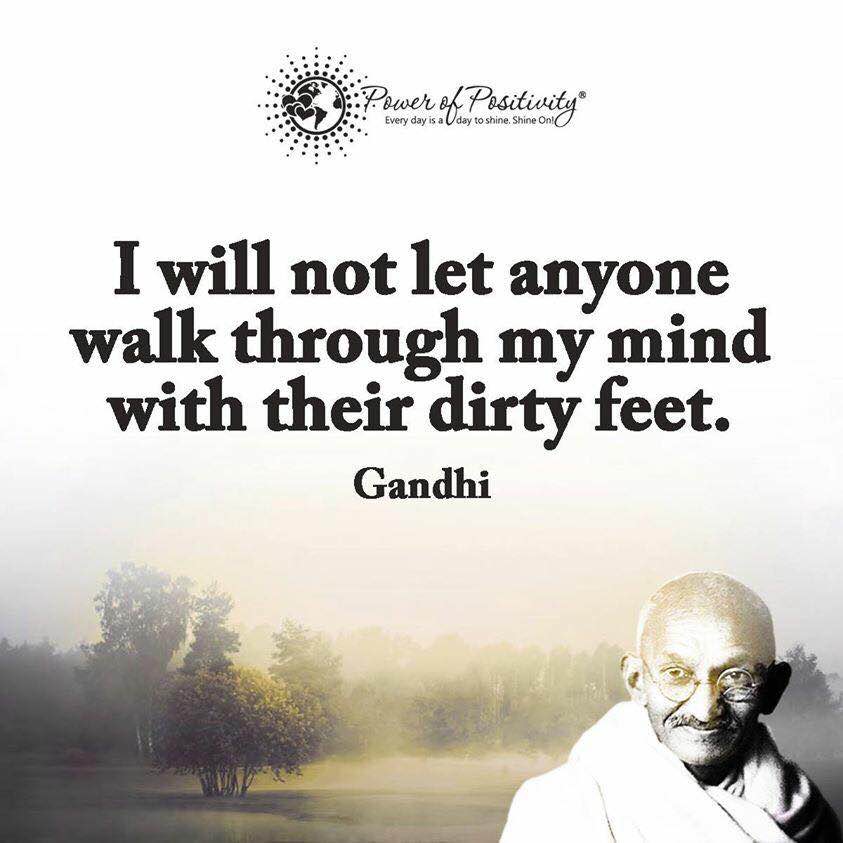Like the desert where the scorpion lives, a Scorpio’s love can burn you with its’ fiery intensity. If you want to not only survive, but thrive in that kind of relationship, then this list is for you. Knowing how to love a Scorpio is like having sunscreen in the desert. You wouldn’t want to get burned now, would you?
Just a Pinch
Whether you read your horoscope or not, astrologers say that love is life for a Scorpio. Being born October 23 through November 21 means that your partner’s sun sign has certain personality traits that make loving them both easy and difficult.
11 Things You Need to Know About Loving a Scorpio

1. Love is passion for a Scorpio.
The most intense, deep, passionate, burning love that Hollywood has ever put on film can’t compete with how your Scorpio feels about you. No romance novel can compare. Scorpio’s love is all that and more. Scorpio wants to know your very soul. You are so lucky.
2. You can’t impress them.
Well you can certainly try. In fact, your Scorpio appreciates intelligent, talented, intuitive people like themselves. Unfortunately that is the problem; you aren’t them. But don’t worry. If Scorpio chose you as their mate, they love you in spite of your flaws.
3. Don’t even try to control them.
Scorpio wants the balance of power to be on their side. You are allowed to have an opinion, but since Scorpio is very nearly a genius, you don’t stand a chance of winning most arguments.
4. They like mystery.
Don’t make the mistake of deceiving a Scorpio, but keeping a little bit of mystery in your relationship will keep their rapt attention. Scorpio is inquisitive, so dropping hints while keeping a surprise under wraps will drive your Scorpio to happy madness.
5. They’re fiercely loyal.
If Scorpio chose you, then you can relax in the comfort of the truest devotion that you have ever known in a relationship. You are it for Scorpio. There is no other. After all, Scorpio found near perfection in you. If they left you it would mean that they were less than perfect in their choice, which is, of course, impossible.
If you won the loyalty of a Scorpio, then congratulations are in order as that was no easy task. Scorpio is quick to distrust others and prefers that trust is proven before it is given.
6. Betray at your peril.
Scorpio is not known for forgiveness. They can be vengeful and ruthless when someone is disloyal to them. Avoid crossing your Scorpio and you have nothing to fear. But if you stray from the boundaries of your relationship, expect payback to be a Scorpio.
7. Emotions run high in Scorpio.
As a water sign, Scorpio is prone to emotional extremes. Whether high or low, the intensity of emotion can be overwhelming at times for Scorpio’s mate. Have a tissue at the ready when Scorpio has a breakdown.
You’re more likely to be the least tumultuous partner of your couple. You can show Scorpio your support by being strong and reminding them of their awesomeness.
8. You’re not quite their equal.
Scorpio is extremely selective when choosing a mate, so they look for as close to perfect as they can get. Which means that they are looking to date themselves. You just can’t measure up to Scorpio’s image of themselves, but if they’ve chosen you, then you can bet that they think you’re almost perfect.
9. They don’t need you.
Don’t get upset, but Scorpio is just so independent, ambitious, fearless, and resourceful that they will be just fine without you. The more that curious Scorpio learns and experiences, the better.
10. Get used to jealousy.
Possessiveness is just how a Scorpio shows that they have claimed you as theirs and they don’t want to share. Remember, Scorpio chose you, not the other way around. Obsessive is an adjective that has been used to describe Scorpio’s love.
When it’s time to call it off with your Scorpio, best to be honest and leave without drama, preferably before you’ve found a new mate. Otherwise see #6 above re: PERIL.

11. Best sex of any sun sign.
Not that Scorpio is bragging, but it’s been known that making love with a Scorpio may very well be the best you’ll ever have. It’s not just that they’re talented, but the combination of their intensely passionate love for you and their loyalty means that since they have chosen you, you get everything that they’ve got to give.
Scorpios aren’t thinking of anyone or anything else in the bedroom. You get all of their energy and devotion. Their imagination will be put to use in their sex lives, so falling into a routine is very unlikely…


